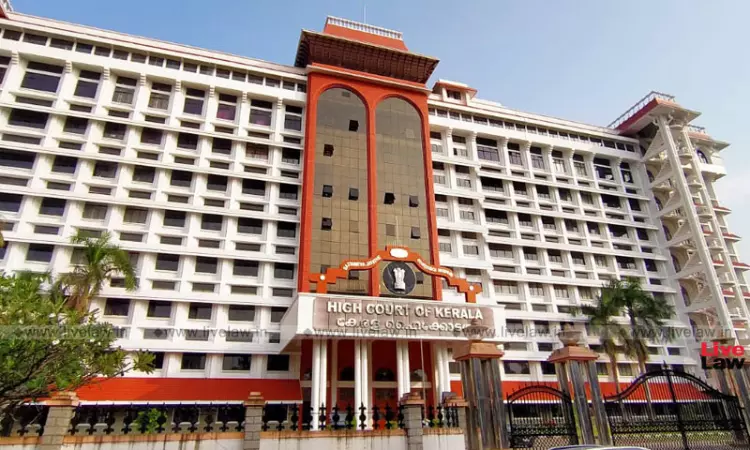Kerala High Court: A single judge bench consisting Justice Harisankar V. Menon quashed an arbitration award reinstating a terminated bank employee, holding that acquittal in criminal proceedings does not automatically invalidate findings of a domestic enquiry conducted under different standards of proof. The court emphasized that disciplinary proceedings operate independently of criminal...

